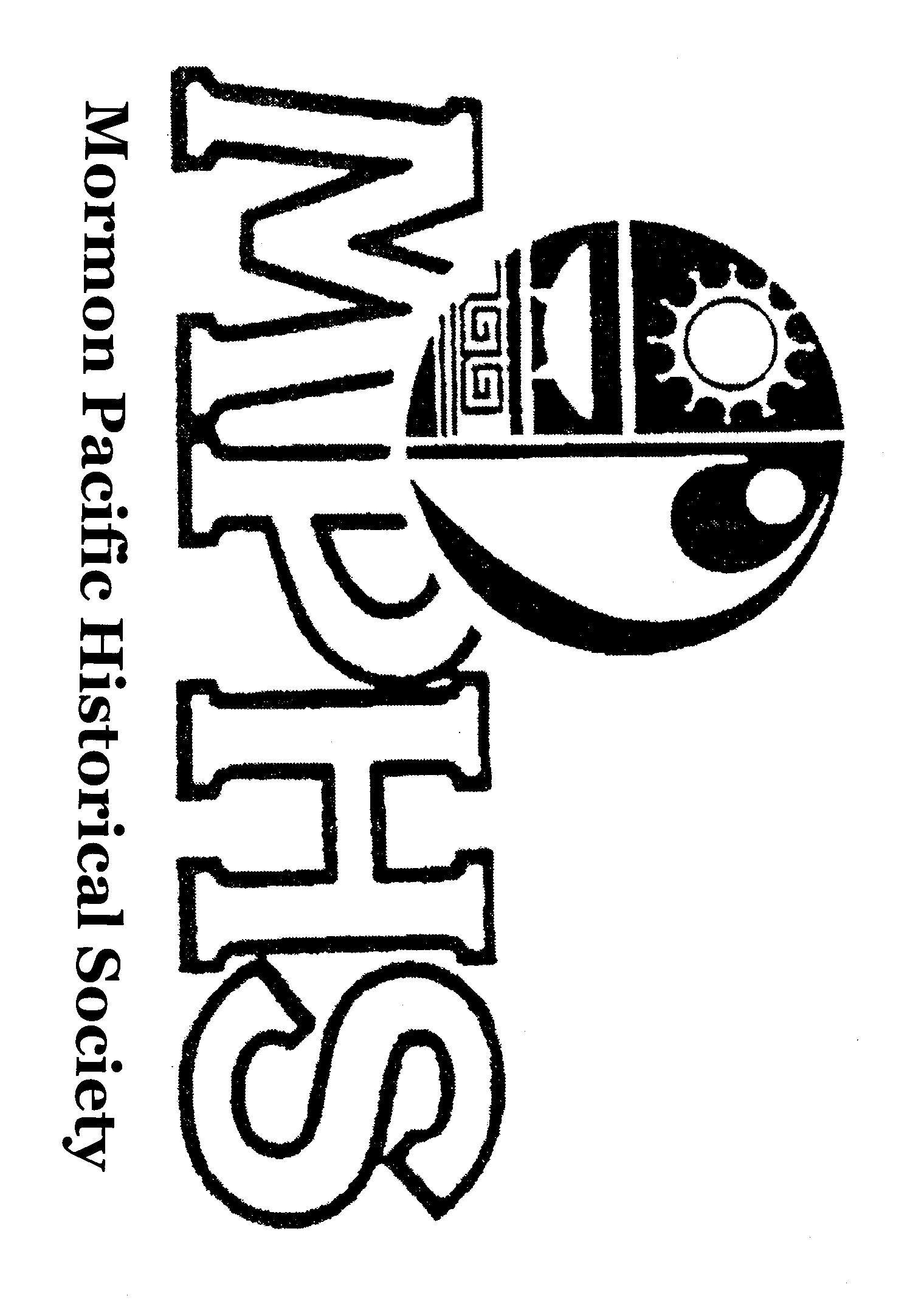Mormon Pacific Historical Society
Keywords
Tonga, brass bands, church bands, church music, Mormon history
Abstract
This dissertation considers music's role in constructing collective identity and generating social meaning, with the aim of yielding new insights into the workings of indigenous agency in cross-cultural encounters. In the Pacific nation of Tonga a unique set of socio-cultural forces has shaped a distinctive contemporary identity. Tonga's government comprises the only monarchy in the contemporary Pacific and represents the only Polynesian group that was not colonized in the political sense. Although Western ideas permeated Tongan culture over the past two centuries, these transformations occurred largely as a result of Tongan choices. The introduction of Christianity in the nineteenth century provided the pathway by which most Western ideologies and practices made their way into Tongan society. Christianity's sacred music tradition in particular greatly influenced Tongan musical performance and served as vehicle for a process of musical indigenization that continues to the present day.
My central hypothesis posits that the Tongan people adopted the European brass band into Tongan lifeways largely on their own terms and for culturally specific purposes. I argue that the processes of adoption and adaptation illustrate highly complex negotiations through which Tongans greatly counteracted the tendency toward asymmetrical power balances between internal and external forces as experienced elsewhere during the colonial era.
I use the theoretical construct of indigenization to describe the process(es) whereby foreign elements are incorporated into the host culture's sound systems. In doing so I favor a multidisciplinary approach combing theoretical frameworks and methodologies of ethnomusicology, cultural anthropology, and cultural studies. My study includes an exploration of how and why Tongans have adapted the form and function of bands to fulfill their strategies of reinforcing core social values and an investigation of why the employment of these bands is more pervasive in Tonga than elsewhere in Oceania.
Among my conclusions I assert that, beneath any superficial unities within acculturated music genres, there is interpretative space for each interacting culture to decode the nuanced sub-levels of any indigenized cultural expression. In Tonga, the brass band transmitted messages of affinity to would-be European colonizers while it communicated the appealing possibilities of modernity to islanders.
BYU ScholarsArchive Citation
Kammerer, David
(2010)
""Make a Joyful Noise Unto the Lord": Brass Bands and Cultural Identity in Tonga's Christian Kingdom,"
Mormon Pacific Historical Society: Vol. 31, Article 3.
Available at:
https://scholarsarchive.byu.edu/mphs/vol31/iss1/3
Included in
History of the Pacific Islands Commons, Mormon Studies Commons, Pacific Islands Languages and Societies Commons

